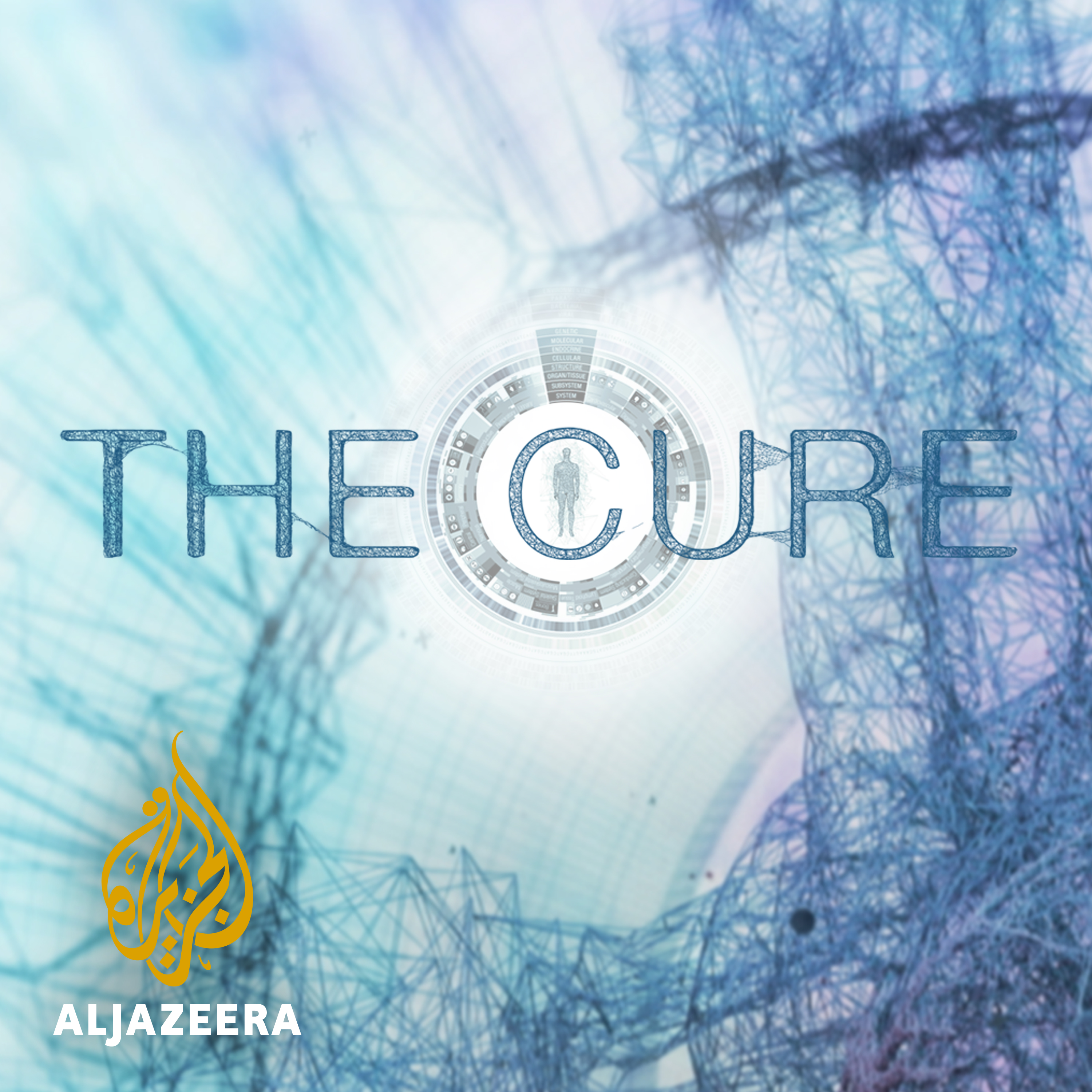Is the Gulf crisis solvable?
Description
A lot can happen in 730 days except, it seems, in the Gulf crisis.
Arguably, the standoff between Qatar, and the group of four Arab nations which blockaded it, is still where it was two years ago.
Saudi Arabia, the UAE, Bahrain, and Egypt, cut their diplomatic and economic ties with Qatar, closed the only land border, and imposed an air and sea blockade on June 5th 2017.
Kuwait stepped in to mediate, but even as recently as last week, Saudi Arabia's Foreign Minister was saying Qatar must come back to the right path, if there's to be a solution.
So, is this the 'new normal' in the Gulf?
Presenter: Kamahl Santamaria
Guests
Abdulaziz Al Horr, academic and researcher, who contributed to the book 'Policymaking in a Transformative State: The Case of Qatar.'
Imadaldin Al-Jubouri, political commentator.
Simon Mabon, senior lecturer in International Studies at Lancaster University.
Subscribe to our channel http://bit.ly/AJSubscribe
Follow us on Twitter https://twitter.com/AJEnglish
Find us on Facebook https://www.facebook.com/aljazeera
Check our website: http://www.aljazeera.com/
More Episodes
Will pressuring Sudan make a difference?: With more than 100 protesters killed in the past week, international pressure is growing on Sudan's military faction to compromise with its opponents.
Ethiopia is leading mediation efforts to end the standoff. Prime Minister Abiy Ahmed is in Khartoum,...
Published 06/07/19
When you look at a country that's had 12 coups since 1932, along with another seven attempted ones, well, there's clearly something of a love-hate relationship with democracy.
And so it is in Thailand, which had an election in March, the first since the 2014 coup, and now has a newly-confirmed...
Published 06/06/19
Quiet, picturesque New Zealand was the last place most people expected to see a massacre.
"This is not us," the country grieved en masse after the Christchurch killings.
But as the dust settles on a mass shooting that saw 51 Muslims shot and killed as they prayed, community leaders, survivors...
Published 06/06/19


